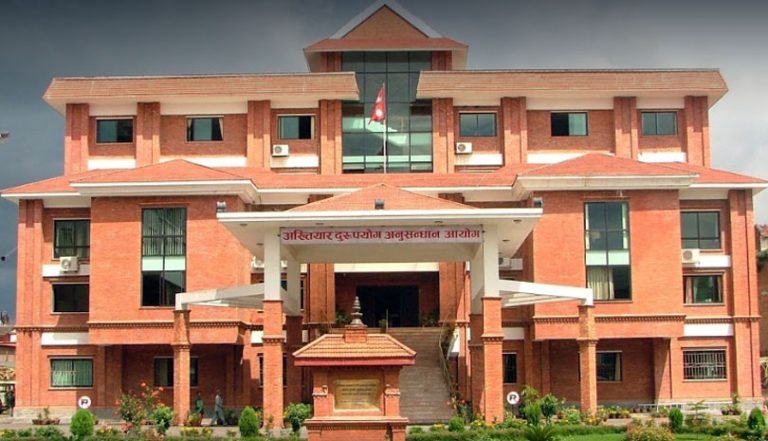Kathmandu, Nepal: The Rastriya Swatantra Party (RSP) is experiencing internal tensions following the Gen Z protests. Some MPs resigned in support of the movement, raising questions over the party’s stance on joining the interim government led by the Nepal Army.
Interim Government Participation Divides Party Leadership
Ravi Lamichhane is the party president.He and his supporters want to join the interim government.They believe it will help maintain influence.It could also secure a role in the transitional administration.But MPs like Sowita Gautam, Dr. Swarnim Wagle, and Birajbhakta Shrestha disagree.They say bypassing democratic rules goes against constitutional socialism.
Minority MPs Push Back Against Interim Government Move
The disagreement highlights a growing divide within RSP between democratic norms and pragmatic power-sharing. Party officials noted that the secretariat will prepare official documents reflecting all opinions, which will then be reviewed and approved by the central committee.
Historical Support for Gen Z Movement
RSP had initially supported the Gen Z protests, with party supporters participating actively, including efforts to release Lamichhane from Nakhu prison. The protests demanded a directly elected prime minister, investigation of corruption scandals, and guarantees of good governance.
Legal and Ethical Challenges Weigh on Leadership
Lamichhane’s ongoing legal challenges, including cases related to cooperative fraud and organized crime, have intensified internal dissent. MPs opposing participation in the interim government argue that the party should uphold democratic principles rather than compromising for political expediency.
Constitutional Democracy vs. Pragmatic Politics
The internal dispute reflects a broader question: whether RSP should maintain its ideological stance of constitutional socialism or pragmatically engage in transitional governance. Party insiders say the central committee’s final decision will be crucial for the party’s future credibility and public image.
Next Steps for the Party
The secretariat will finalize official documents capturing both support and dissent. The central committee will then approve, amend, or rewrite the documents, setting the stage for either unified participation in the interim government or further internal conflict.
Stay tuned here for the latest updates on this developing story.


